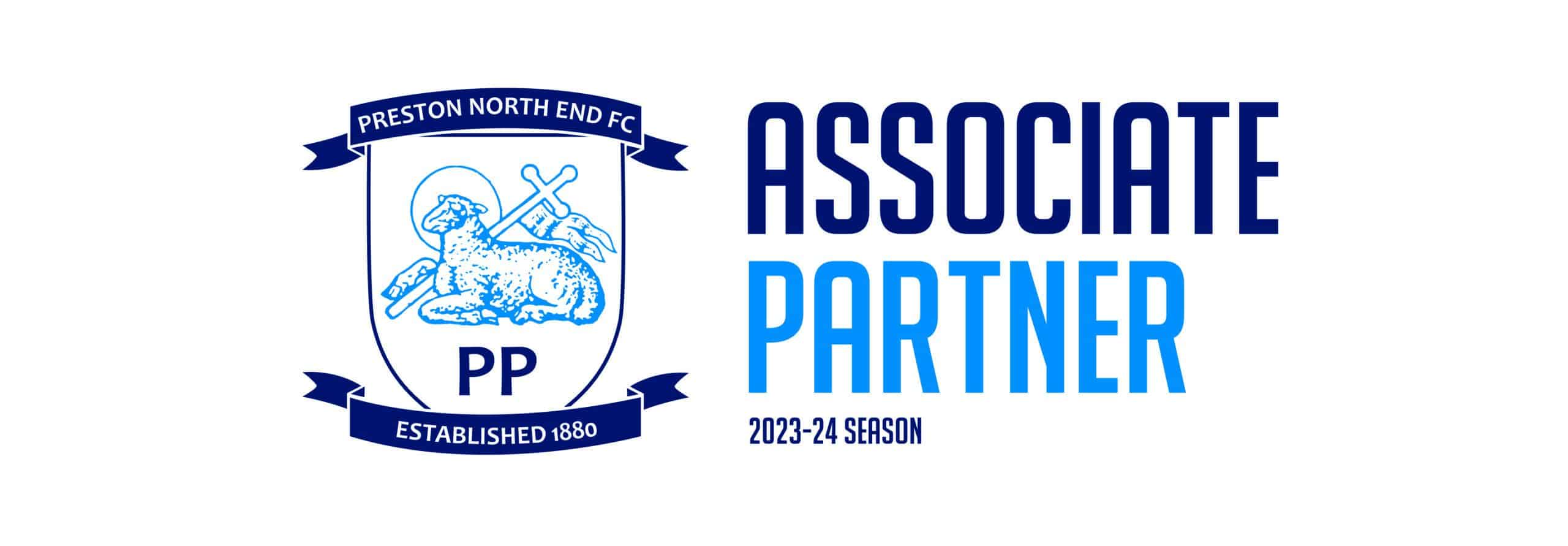Mortgage with a Debt Management Plan (DMP)
- Expert Mortgage Advice
- Thousand of Mortgage Product
- Speak To Us To See If We Can Help
Get in touch today for a free, no-obligation chat about how we might be able to help you.
Home » Bad Credit Mortgages » Mortgage with a Debt Management Plan (DMP)
Mortgage with a Debt Management Plan (DMP)
What is a Debt Management Plan?
A Debt Management Plan (DMP) is an informal mutual agreement between a debtor and a creditor which is reached on the basis that the borrower will repay their debt in more affordable installments after they have been unable to meet their originally agreed financial obligations.
They are typically used on unsecured finance, such as credit cards, unsecured loans and student debt, or those would be classed as non-priority. Lenders are likely to have less flexibility when you have secured debts, particularly if they are in relation to existing or previous mortgage repayments.
Can I get a mortgage with a Debt Management Plan?
If you have an active DMP it’s possible to get a mortgage, so long as you can closely match the other lender criteria. Not all lenders offer this option, however, and those that do would likely want evidence that your plan has been repaid satisfactorily to date, and typically for a minimum duration of six to twelve months.
They will also need to include the cost of your DMP payments with your other outgoings when calculating your affordability, which could reduce the level of your income that’s considered expendable for mortgage purposes.
Do Debt Management Plans affect mortgages?
They certainly can do, as not all lenders will consider them, so you will have a reduced market size to consider. Those lenders that do operate in this niche tend to be the more specialist, Bad Credit lenders, although mainstream lenders will begin to consider applicants that have had DMPs around three years after they have been satisfied.
It’s also fairly common to qualify for less competitive rates and require a greater investment in terms of a deposit. That said, the level of impact the DMP has on your application will depend on a number of factors, such as:
- When you began the plan – the longer you’ve repaid it successfully, the better and if it’s been completely repaid (satisfied) then it will have less impact for most lenders
- How much you’re in debt, obviously the lower the amount, the less impactful it will be
- Who the DMP is with – which organisation you’re repaying, sometimes lenders will steer clear of payday loan debt
What if I’ve made late payments on my Debt Management Plan?
There may be a handful of lenders that are flexible enough to consider your application if there are one or two payments missed that has since been repaid. If you have not managed your plan well, however, and still have payments outstanding, it’s unlikely any lender will be able to help you until your account is in better standing.
How much can I borrow if I’m on a Debt Management Plan and what deposit will I need?
This will vary from one mortgage lender to the next, however, residential mortgage lending tends to be calculated based on a multiple of your income, regardless of the other criteria. The typical amount offered by most lenders is four and a half times your annual household income, however, as DMP repayments will need to be taken into consideration, there is a chance that the multiple will be reduced to four times, or even three and a half times your income.
It’s possible that you’ll need to provide a larger deposit than the standard minimum of 5%, as lenders tend to reduce the LTV (Loan to Value) of their borrowing when people have active DMPs. 85% LTV and therefore 15% is a more likely figure, however, this will depend on the lender and some are more flexible than others.
Are there many lenders that lend with a Debt Management Plan?
There are fewer than twenty lenders in this niche willing to accept those mortgage applicants with unsatisfied DMPs and they all fall into the realm of specialist Bad Credit lenders. It’s important to realise that rates are likely to be higher, given the additional level of risk that these lenders are willing to take on.
High street lenders with a recognisable presence, such as mainstream banks, only tend to become available once a DMP has been satisfied for a minimum of twelve months, with many more available after three years have passed.
Either way, it’s generally recommended that lending is accessed via a broker with specific experience in this area of lending, such as ourselves, here at McAteer. We will be able to review the various lender criteria against your circumstances, saving you the time and potential rejection of approaching the wrong lender.
Approved by The Openwork Partnership on 21/09/2023
YOUR PROPERTY MAY BE REPOSSESSED IF YOU DO NOT KEEP UP WITH YOUR MORTGAGE REPAYMENTS.
Useful Links
- Limited Company Director Mortgages
- Self-Employed Mortgages with One Years Accounts
- Buy To Let Self Employed Mortgages
- Documents needed for Self-Employed Mortgage
- Joint Mortgage Applications when One is Self Employed
- What Income do Mortgage Companies Look at Self-Employed
- Are Self-Cert Mortgages Still Available?
- CIS Mortgages
